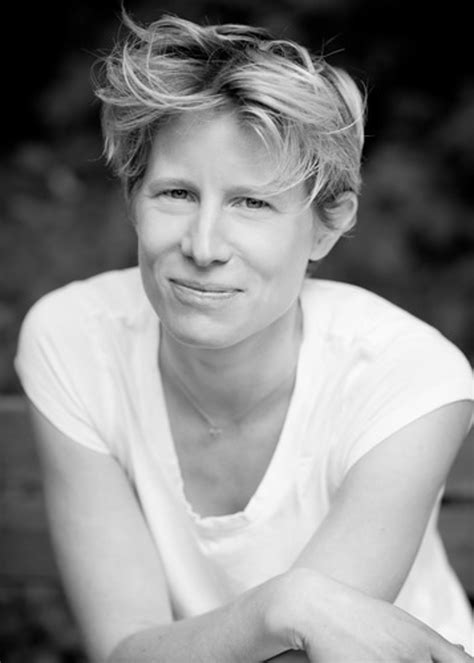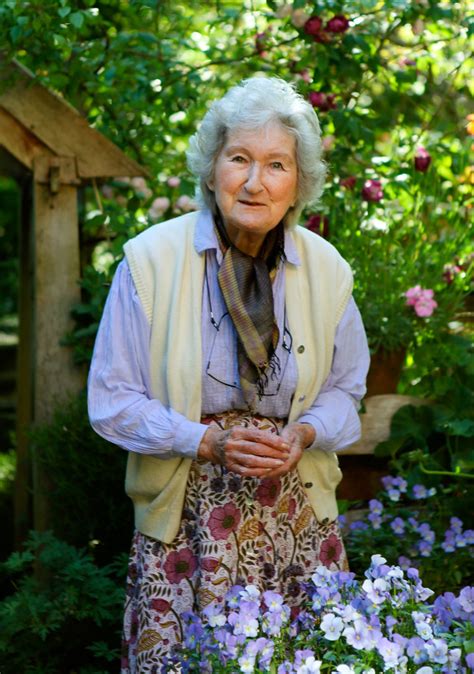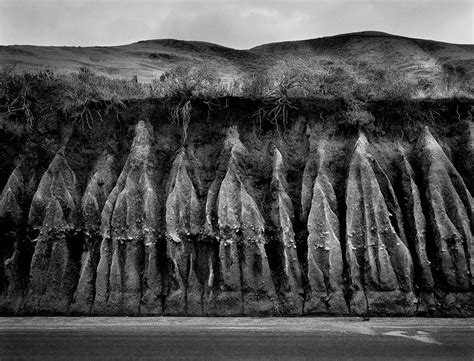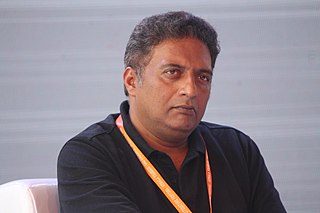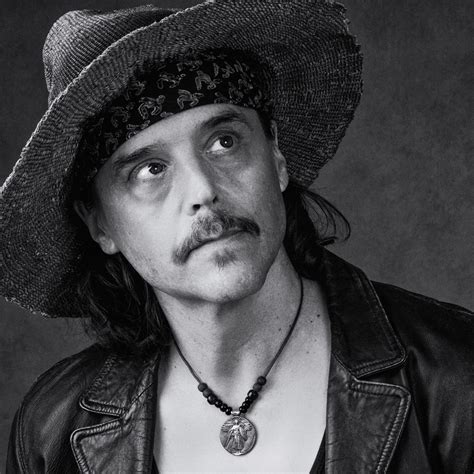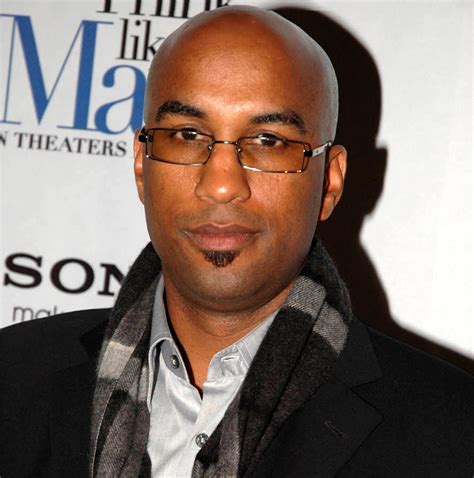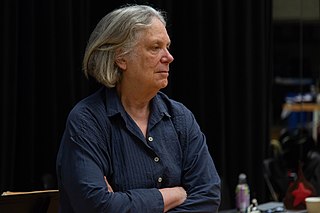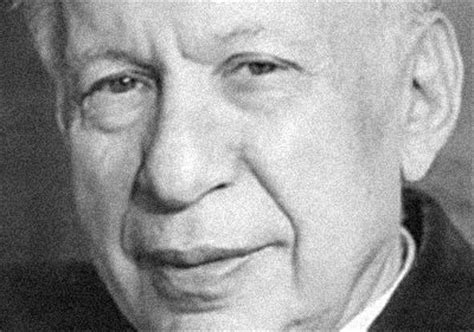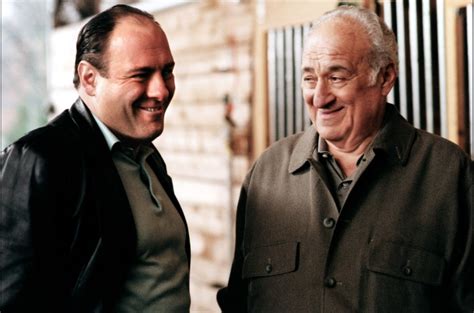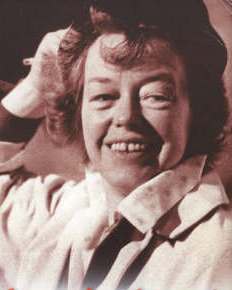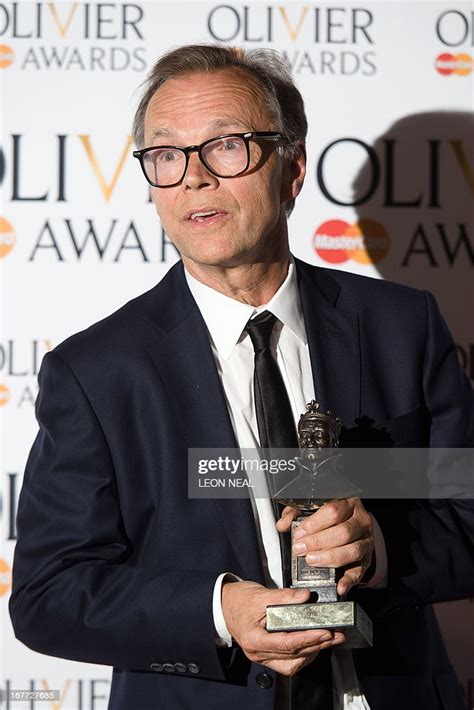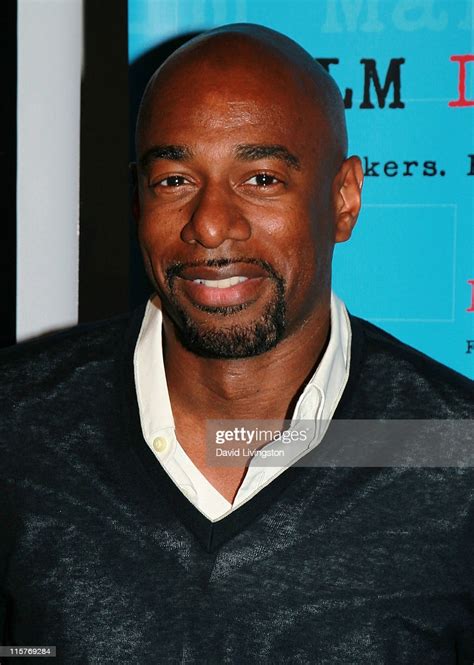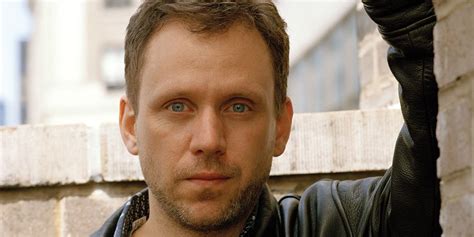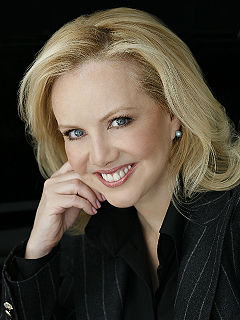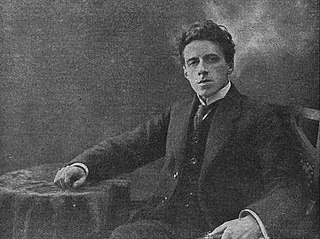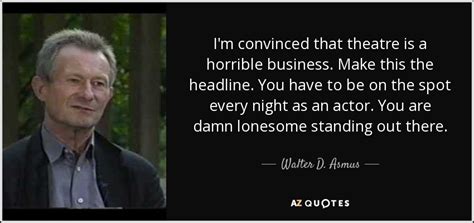A Quote by Thea Sharrock
The camera kind of finds things that the naked eye can't even see. By moving in a certain way, you're already telling part of the story.
Related Quotes
The difference between an amateur and a professional photographer is that the amateur thinks the camera does the work. And they treat the camera with a certain amount of reverence. It is all about the kind of lens you choose, the kind of film stock you use… exactly the sort of perfection of the camera. Whereas, the professional the real professional – treats the camera with unutterable disdain. They pick up the camera and sling it aside. Because they know it’s the eye and the brain that count, not the mechanism that gets between them and the subject that counts.
Every story is flawed, every story is subject to change. Even after it is set down to print, between covers of a book, a story is not immune to alteration. People can go on telling it in their own way, remembering it the way they want. And in each telling the ending may change, or even the beginning. Inevitably, in some cases it will be worse, and in others it just might be better. A story, after all, does not only belong to the one who is telling it. It belongs, in equal measure, to the one who is listening.
As for garden photographers, how differently they see things. With what ease the camera seems to compose a picture of great beauty with its discriminating lens. The naked eye can't censor some ugly sight on the periphery of vision; the photographer takes the perfect shot and picks for us just what we need to see.
The camera is not only an extension of the eye but of the brain. It can see sharper, farther, nearer, slower, faster than the eye. It can see by invisible light. It can see in the past, present, and future. Instead of using the camera only to reproduce objects, I wanted to use it to make what is invisible to the eye - visible.
There's an amazing line in Marcus Aurelius: "The healthy eye ought to see all visible things and not to say, I wish for green things; for this is the condition of a diseased eye." Maybe green is your favorite color - but if you saw everything as green, that wouldn't be a blessing, it would be an eye disease. By the same token, if there was no heartbreak, and everything happened exactly as you want - it would be a less beautiful and meaningful story than the actual story, where you're a part of a huge complicated mysterious whole.
When you’re telling a story, you’re trying to connect to people in a particular way … The way in which you guys have inhabited this world, this universe, has made you part of it, part of the story. You are living in Firefly. When I see you guys, I don’t think the show is off the air. I don’t think there’s a show; I think that’s what the world is like. … The story is our lives.
I'd thought I'd constructed a really wonderful book, and the teacher told me that my story basically began on page fifty, and that I should throw out everything prior, or figure out a way to weave only the most important information back into the story, and keep the action moving forward. Wow. That was a really humbling experience. A real eye-opener. Made me realize there are so many aspects involved with telling a story.
I don't paint, and I can't draw, but I see things, I think, quite well, and I love being able to freeze things with the camera, particularly the children. Then I discovered with the camera that you can tell a whole story with just freezing a moment in reality. I find it a very good way, a very satisfying feeling.
Well, let’s start with the maxim that the best writing is understated, meaning it’s not full of flourishes and semaphores and tap dancing and vocabulary dumps that get in the way of the story you are telling. Once you accept that, what are you left with? You are left with the story you are telling.
The story you are telling is only as good as the information in it: things you elicit, or things you observe, that make a narrative come alive; things that support your point not just through assertion, but through example; quotes that don’t just convey information, but also personality.
